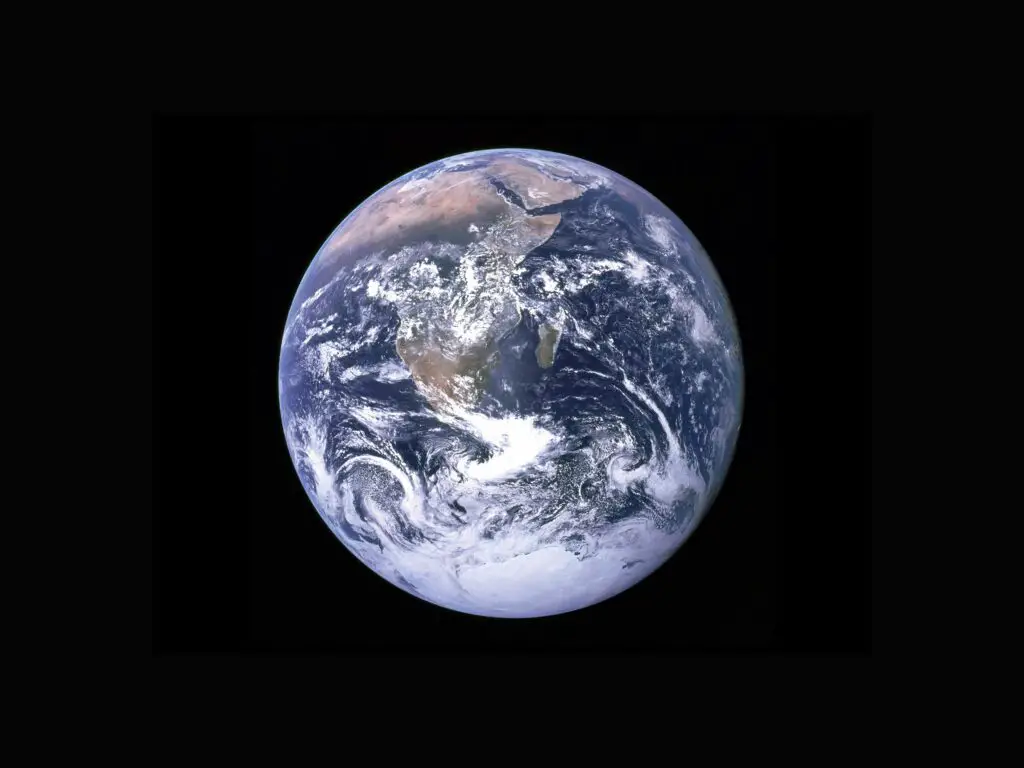If the Earth were to suddenly stop spinning for five seconds, the consequences would be catastrophic and far-reaching. The rotation of the Earth is what creates our day-night cycle, the Coriolis effect, and a number of other crucial aspects of our planet’s climate and ecosystem. Any sudden change to the Earth’s rotation could have significant and lasting impacts.

The immediate impact of the Earth stopping its rotation for even a few seconds would be widespread destruction and chaos. Anything not securely anchored to the ground would be hurled in the direction of the Earth’s rotation, potentially causing massive damage to buildings, infrastructure, and people. The amount of damage would depend on the speed at which the Earth is spinning, which varies depending on one’s location on the planet. In general, the closer one is to the Equator, the faster the Earth’s rotation and the more damage that would occur.
Additionally, the sudden stop in rotation would cause massive earthquakes and volcanic eruptions. The Earth’s crust is constantly shifting and moving, and the sudden change in rotational momentum would cause these shifts to be much more violent than they would be otherwise. This could trigger a chain reaction of earthquakes and volcanic eruptions, leading to widespread destruction and loss of life.
The impact on the Earth’s atmosphere would also be significant. The rotation of the Earth creates a centrifugal force that helps keep the atmosphere evenly distributed around the planet. If the Earth were to stop spinning, the atmosphere would no longer be evenly distributed, leading to massive storms and winds that could cause widespread damage. Additionally, the sudden stop in rotation would cause the Earth’s magnetic field to fluctuate, which could lead to increased radiation exposure and other harmful effects.
The impact on the planet’s climate would also be significant. The rotation of the Earth is what creates our day-night cycle, which is crucial for regulating temperature and weather patterns. If the Earth were to stop spinning, one side of the planet would be in perpetual daylight, while the other side would be in perpetual darkness. This would cause extreme temperature fluctuations, potentially leading to massive storms and other extreme weather events.
The impact on the Earth’s ecosystems would also be significant. The day-night cycle is what regulates the activity of many plants and animals. If the Earth were to stop spinning, this cycle would be disrupted, potentially causing widespread changes to ecosystems around the planet. This could lead to extinctions and other long-term ecological impacts.
Overall, the impact of the Earth stopping its rotation for even a few seconds would be catastrophic and far-reaching. The immediate destruction and chaos would be followed by long-term impacts on the planet’s climate, ecosystems, and atmosphere. While the likelihood of this happening is extremely low, it is important to understand the potential consequences and to take steps to protect the planet and its inhabitants from the effects of any sudden and catastrophic events.